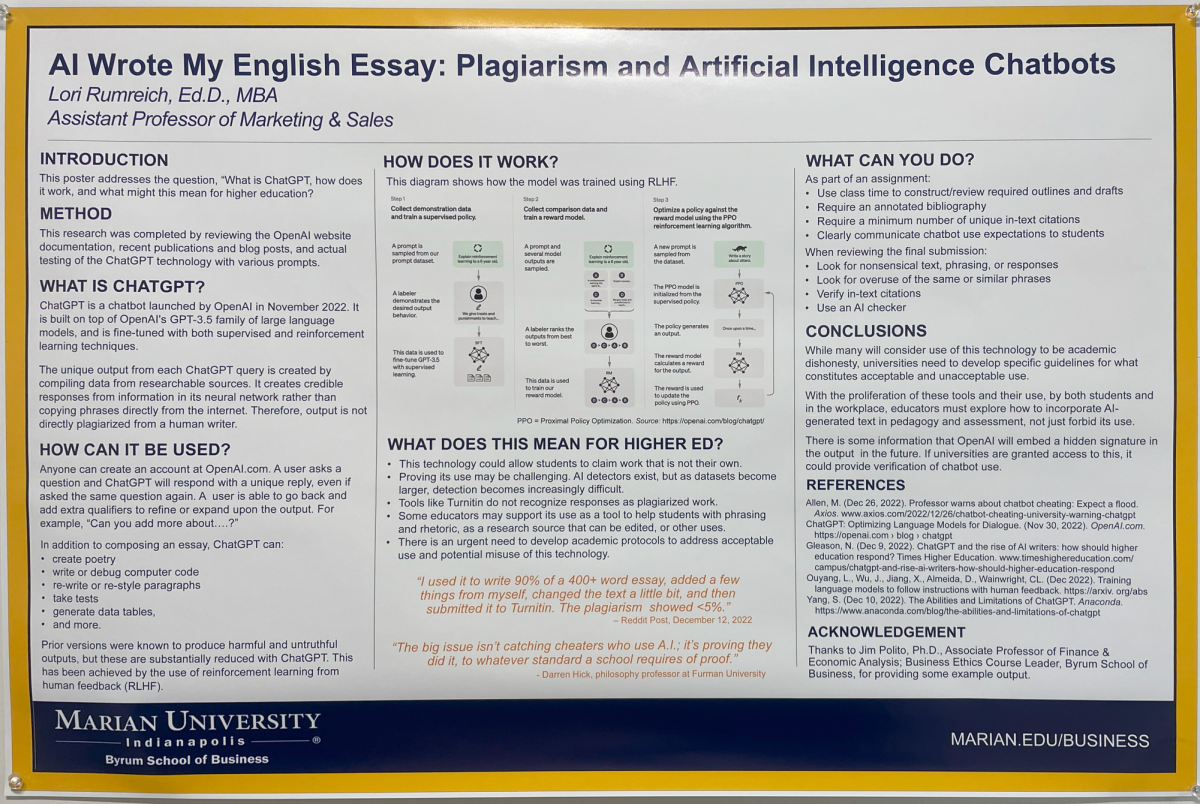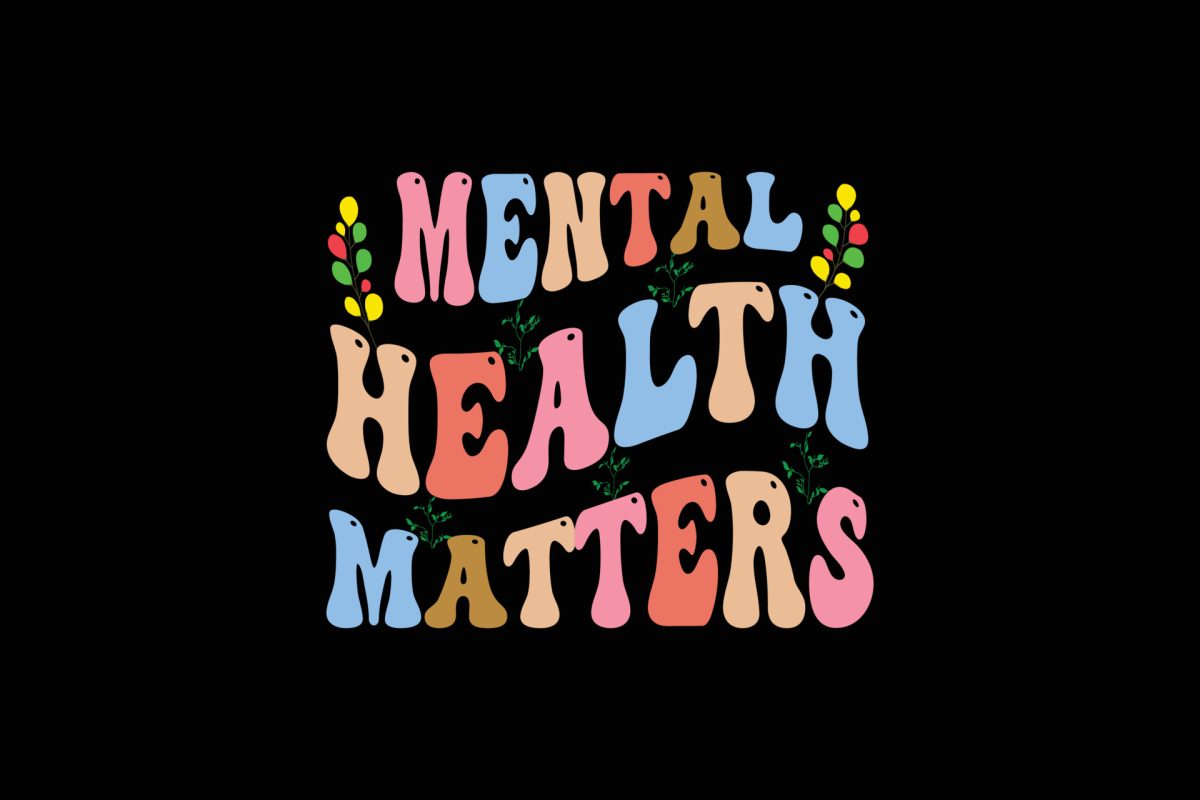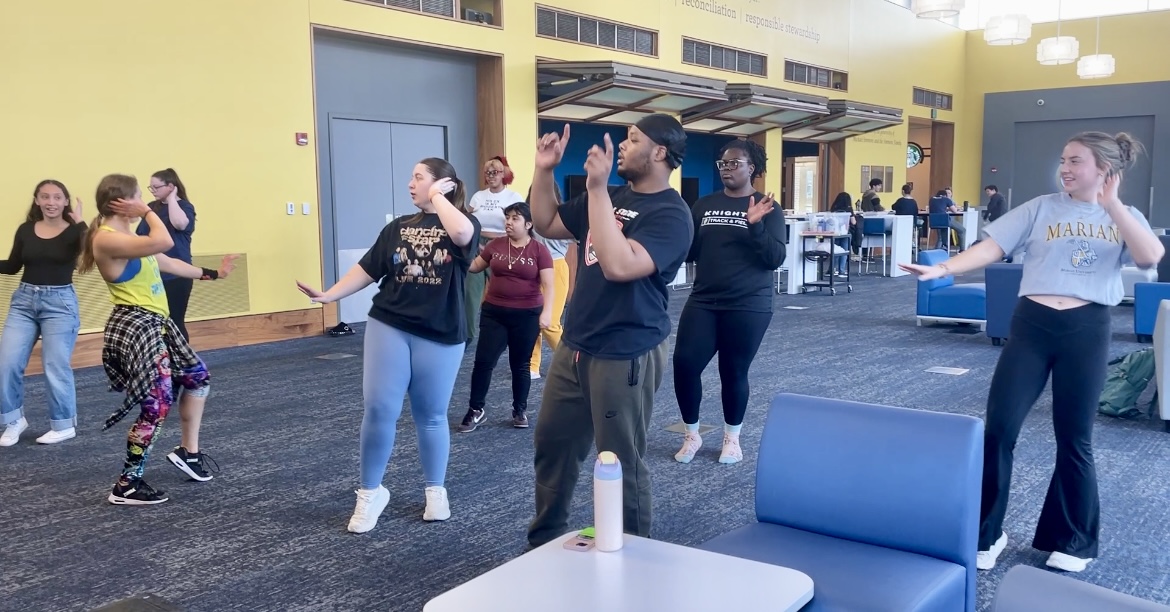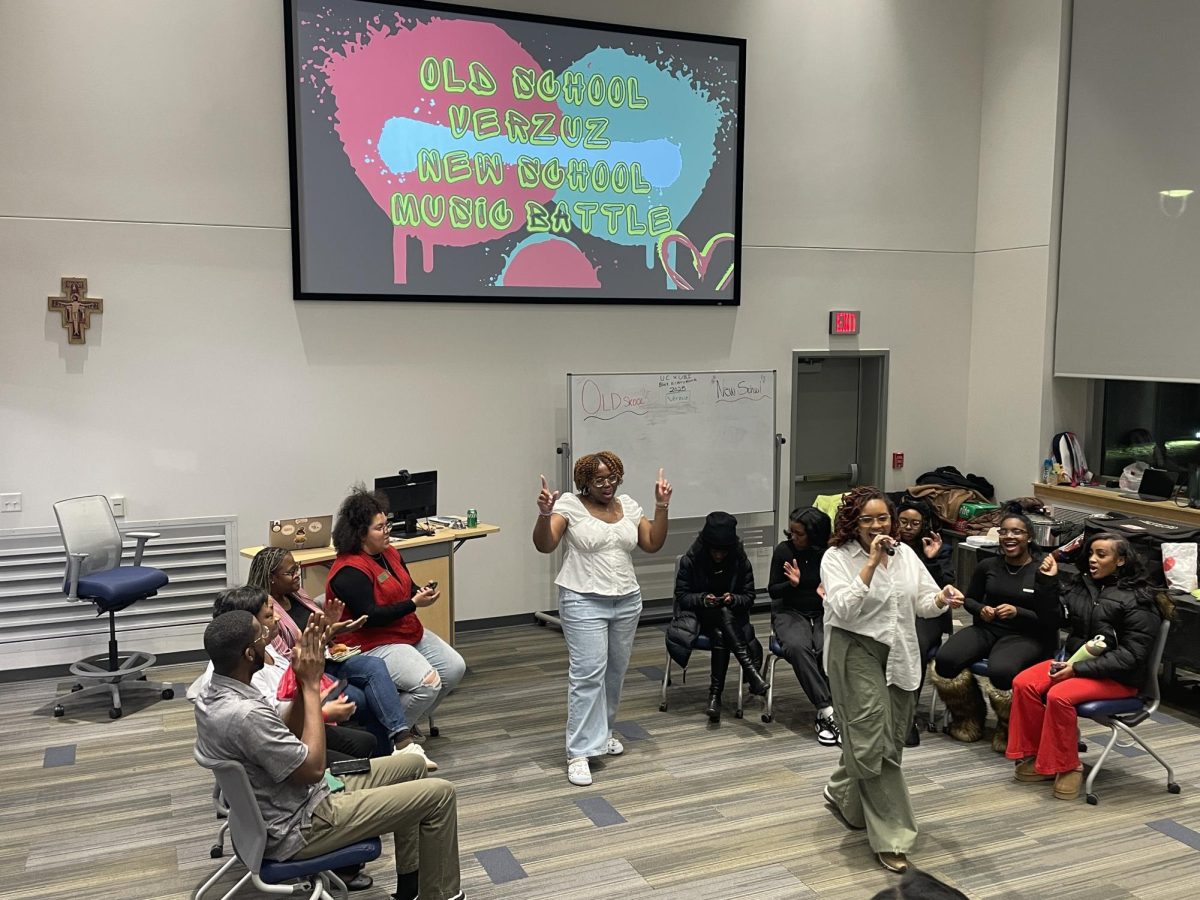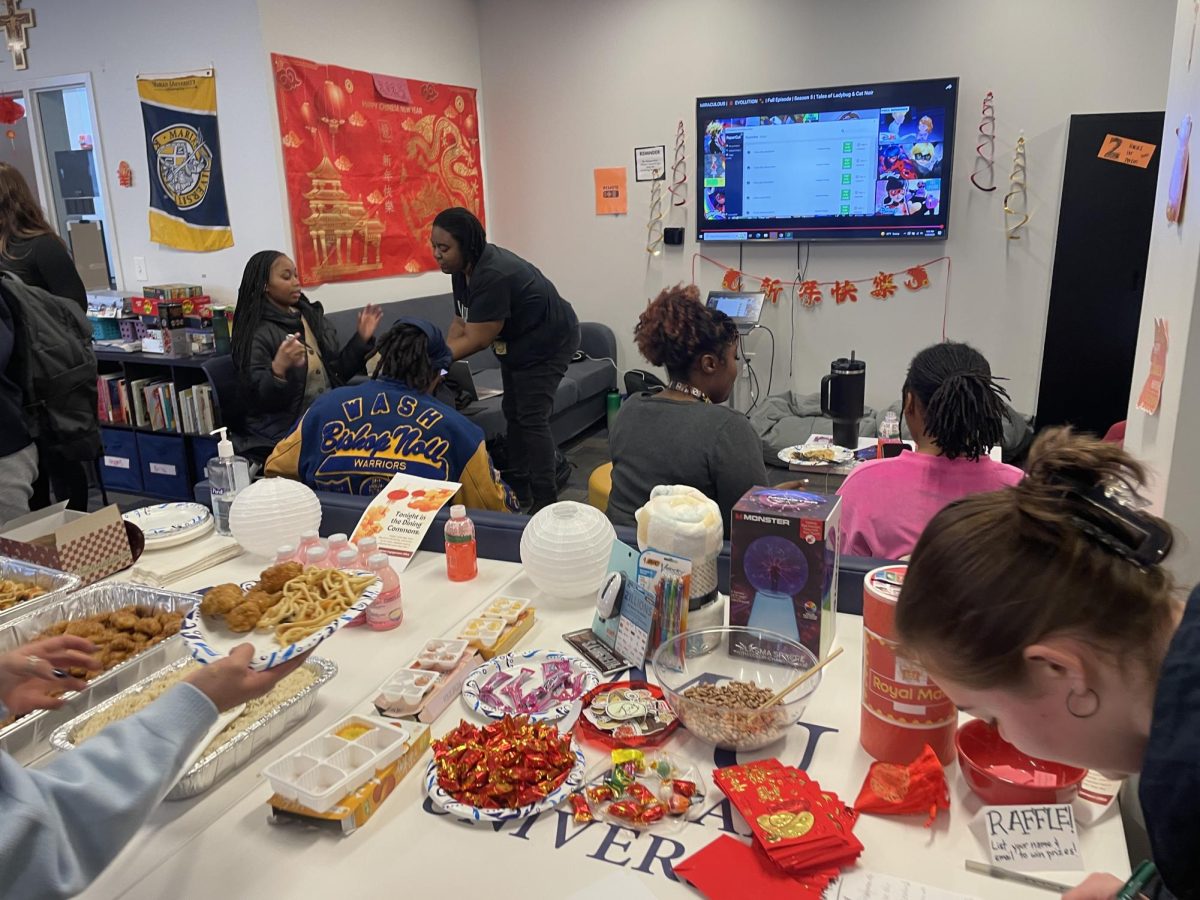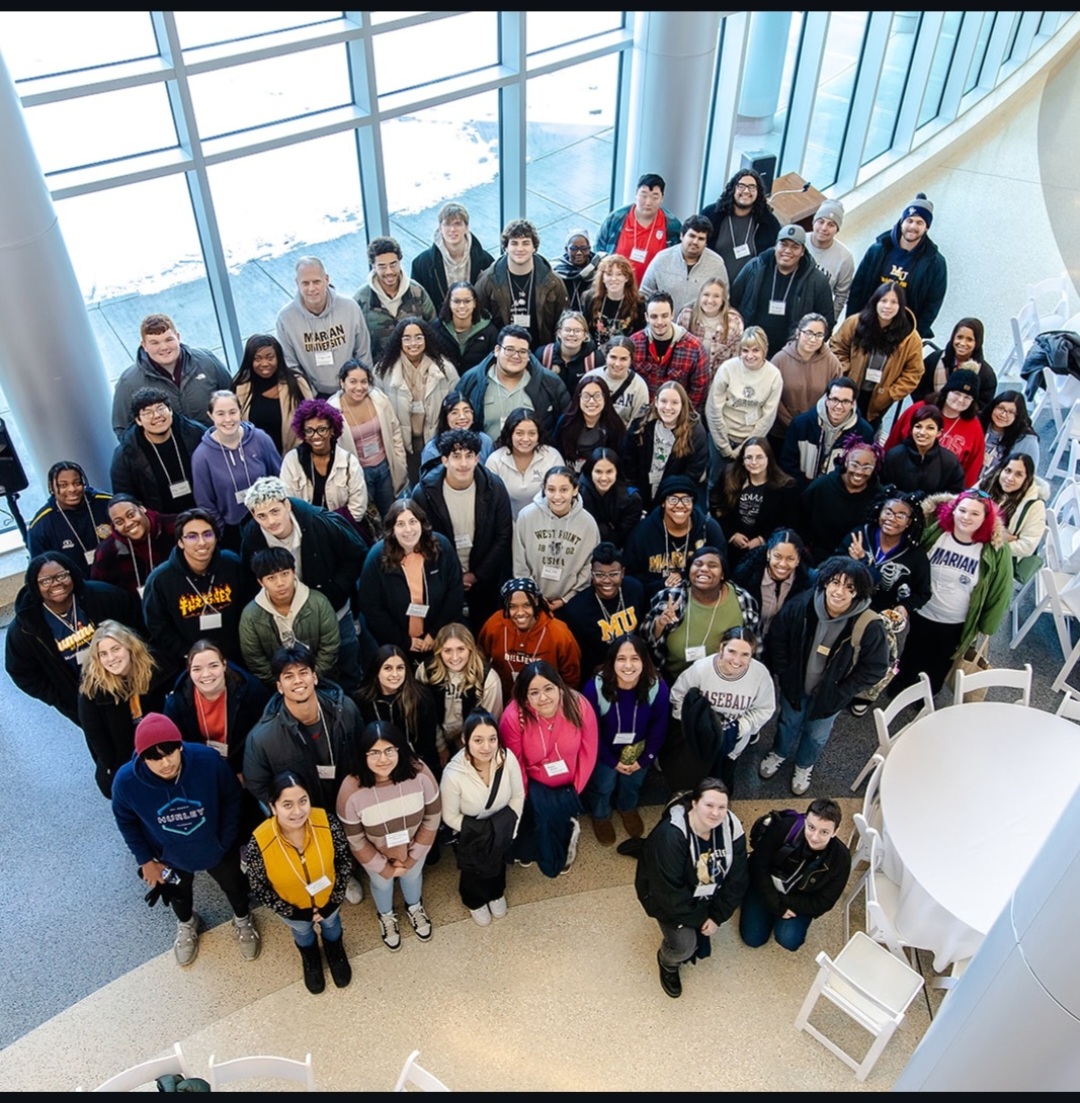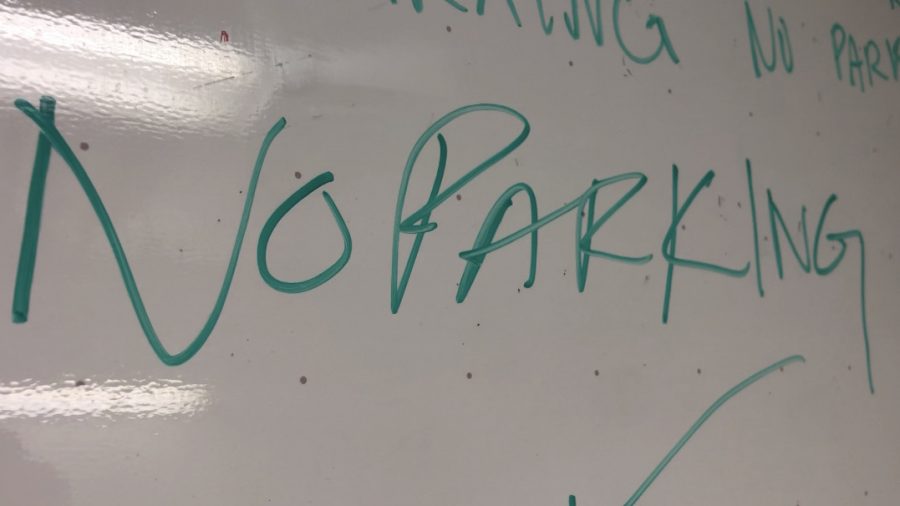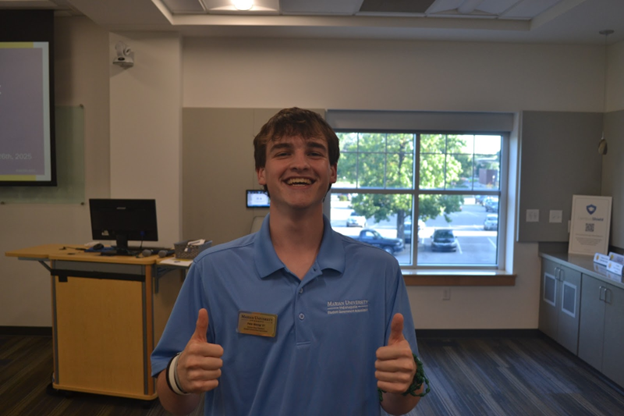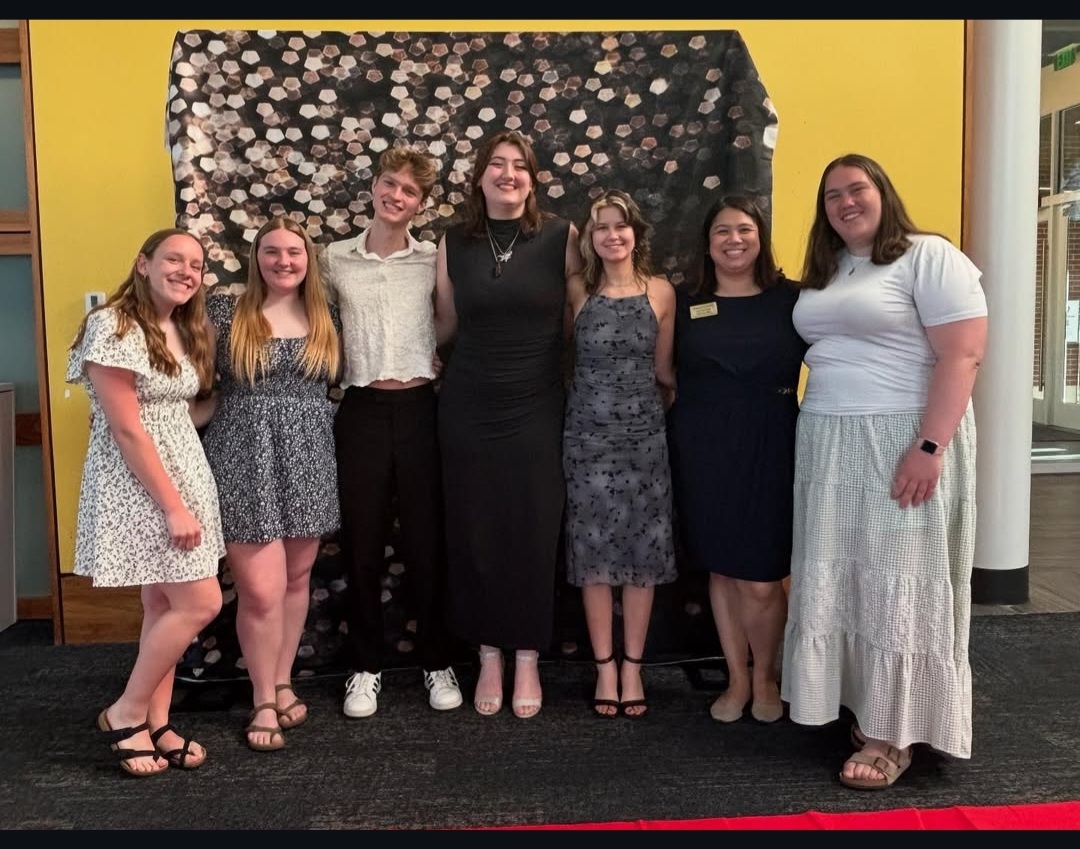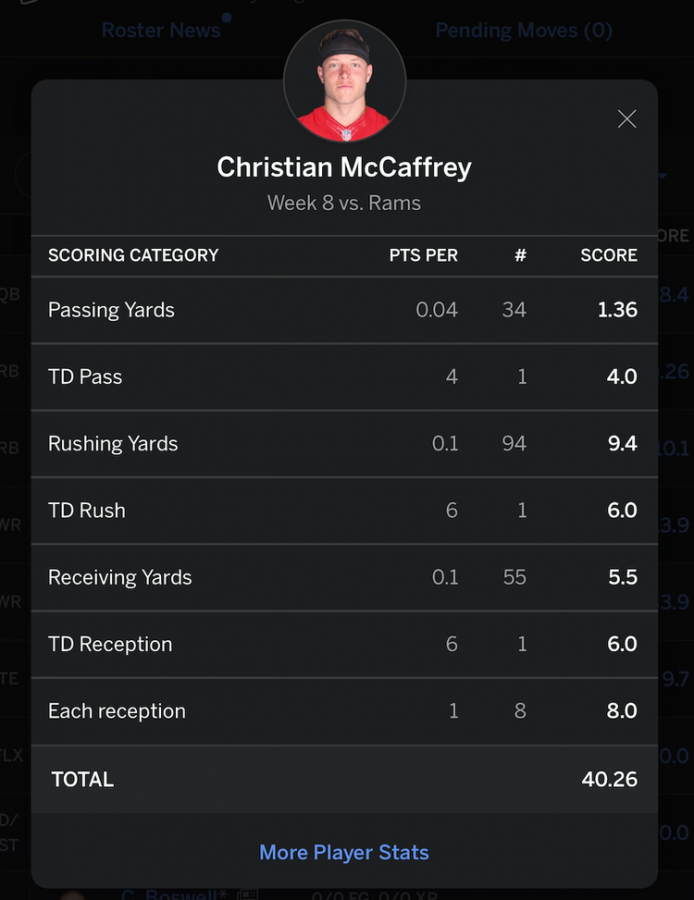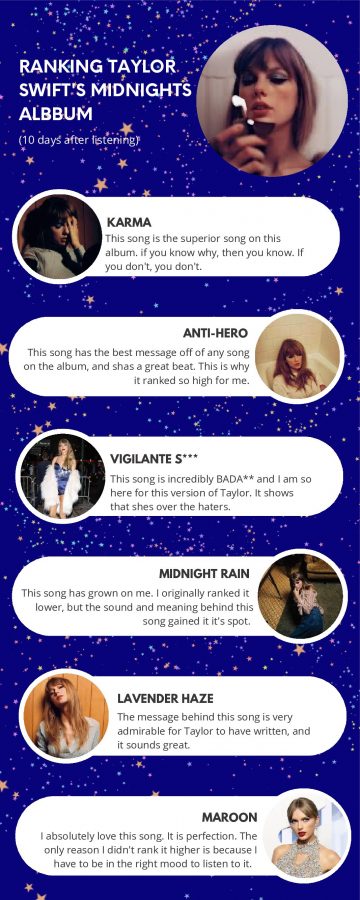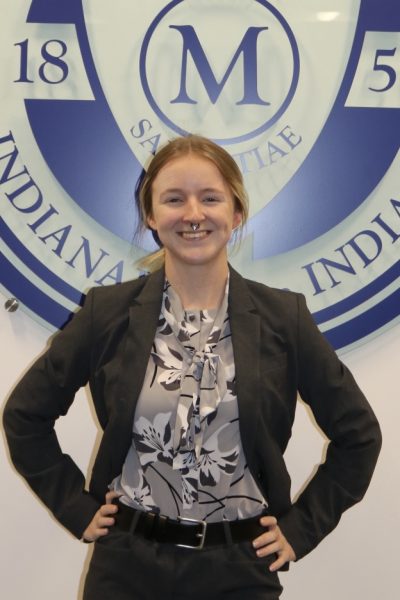
“Is enlisting ChatGPT for school assignments an ethical innovation or a shortcut to trouble? Unpacking this question requires a balance between harnessing AI for academic enrichment and ensuring your ethical compass remains true. Here are the essential principles to steer you in the right direction:”
Would you believe that AI wrote that?
Artificial Intelligence is the latest technological development that has had a grip on the world and it has perpetrated almost every aspect of our daily lives. According to Intelligent, in a time when one-third of college students use ChatGPT to help complete written homework assignments and 60% use it to complete more than half of their assignments.
AI is changing education rapidly. It is no surprise that the education industry has been grappling with how to navigate usage. This technological shift in academia has both beneficial and harmful implications for the professional world students are preparing to enter. It is important to consider the usage of AI by college students, explore its effects on future careers, and discuss the limitations of AI that may hinder students in the workforce.
On Feb. 15, 2023, Stanford University hosted the AI+Education Summit where the pros and cons of AI usage were discussed. How AI could be used to support teachers on a large scale was one of the main topics.
The pros of using AI in classrooms include that teachers could receive real-time feedback from the standpoint of an expert in their field. It could also be used to refresh expertise on subjects. When planning lessons, teachers could use the software to predict follow-up questions from students. For students, it could enable judgment-free learning.
Ran Liu, chief AI scientist at Amira Learning discussed how students feel fear when asking questions in a classroom setting. Liu explained that because AI does not carry the same stakes, students are more likely to engage and take risks. Students have grown up in an age where all information is at the tips of their fingertips.
AI does not reflect cultural diversity, is not always right, and doesn’t optimize learning are some of the arguments that were brought against it.
Stanford University also released a study citing that forty-six percent of students reported their professors or institutions have banned ChatGPT for homework. Dr. Lori Rumreich an Assistant Professor of Marketing at Marian University gave her opinion on using generative AI in the classroom. “I encourage the use of generative AI in my marketing classes with proper acknowledgment from students,” said Dr. Rumreich. “AI is becoming standard in marketing organizations therefore my goal is to teach students how to responsibly use AI in their work.”
All of her students in MKT 374 Sales Technology & Analytics course complete Salesforces badges in AI. She recently introduced a program through HubSpot, an Education Partner in the business school, where students take six hours of AI marketing-focused training and a twenty-hour micro internship with an AI professional at HubSpot. Marian currently has two students in the competitive program.
“Last year we started in the business school a research symposium focused on AI and other cutting-edge technology. Students did research on areas such as applying blockchain in marketing, Non-fungible tokens (NFT), sales attribution, and AI,” said Dr. Rumreich. “This year we are totally AI-focused. In addition, we are adding to the research how we might be able to apply AI technologies into higher education.” The symposium will be held on November 20, 2023.
“I believe it should be up to the course instructor because there is a difference in disciplines and learning objectives for course and instructor. They should be allowed to choose the policy that best fits what works in their class,” said Dr. Rumreich. “I am happy to have the freedom to choose. While I believe having clear policies is important, I don’t believe that should have to be the same for everyone.”
Brandy Bast is the Director of Workforce Development at The Exchange, the career development center at Marian University. She also teaches BUS-200 Careers in Business. This course is specifically designed to prepare students for internships and professional careers. While in this course there is no AI policy in the syllabus, AI is integrated throughout the entire course.
“My students complete career assessments and input their results into AI with prompts such as; what are career ideas for someone with a (I) DISC result, or what are careers for someone with (SEC) as their Holland Career Code and reflect on potential paths based on these as well as their values and skills,” said Bast. “We then use AI to assist us with building our resumes and as a generator for a cover letter, as well as interview prep and to help build out our LinkedIn profiles. I showcase and have students use this as a tool to assist them in their career development.”
She believes that AI is revolutionizing the job search with AI companies such as Teal. Using AI Teal offers a completely free resume builder that allows users to enhance their content and better tailor it for different positions. Users can also get live feedback on their resume effectiveness. The site offers other functions such as an upgraded online job application tracker and much more.
“AI is transforming existing roles and creating entirely new ones, encouraging workers to upskill/reskill to remain relevant in their careers, and increasing in the number of roles that are a hybrid where AI and humans work together,” said Bast. “Workforce development strategies should focus on preparing workers by fostering a balance between technical and soft skills, promoting ethical AI practices, and enabling lifelong learning.”
AI is new and has flaws, but what new advancements don’t? The complete ramifications of AI in education remain uncertain. However, the technology is evolving, and now is the time to ensure its proper implementation.
The introduction of AI into classrooms is akin to the introduction of calculators in education. Both represent technological advancements that enhance efficiency and support learning. They initially faced resistance but became more accessible. Educators had to adapt their teaching methods, and both offer customization and personalization of learning. Ethical and policy considerations are important. Over time, both technologies have evolved, with calculators becoming more advanced, and AI in education is expected to do the same.






